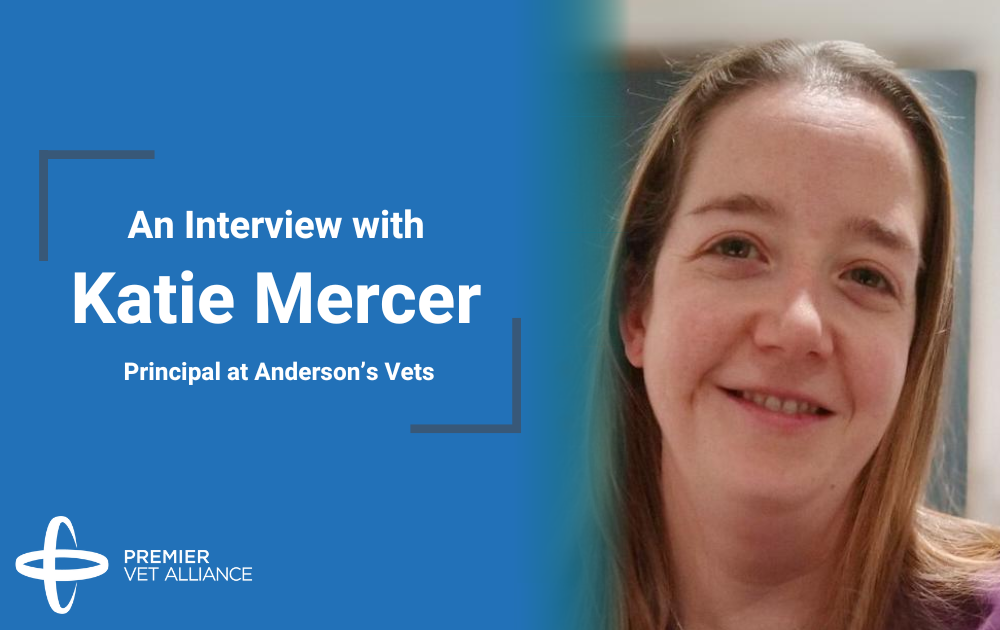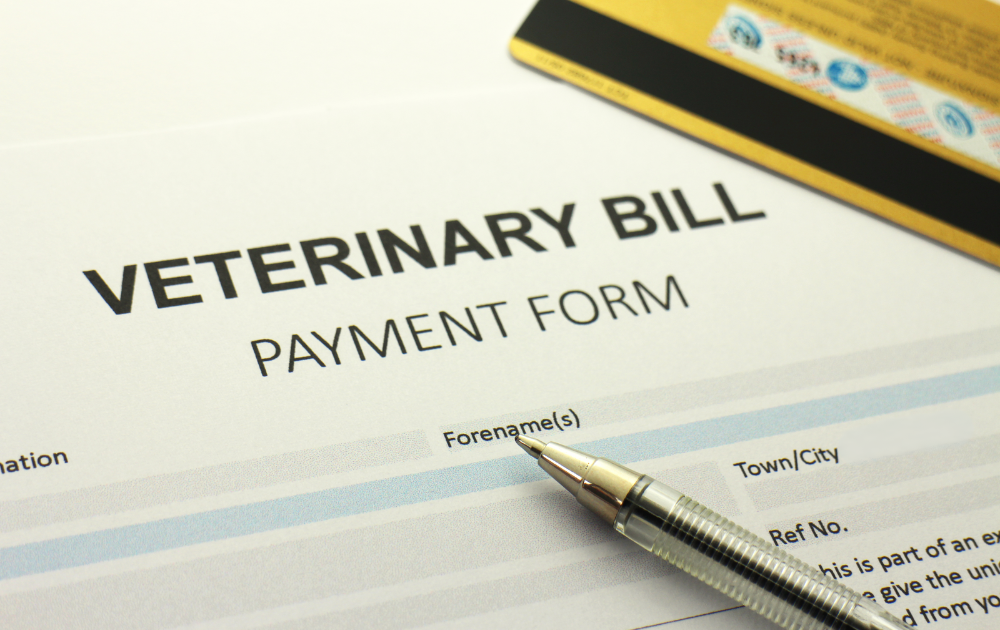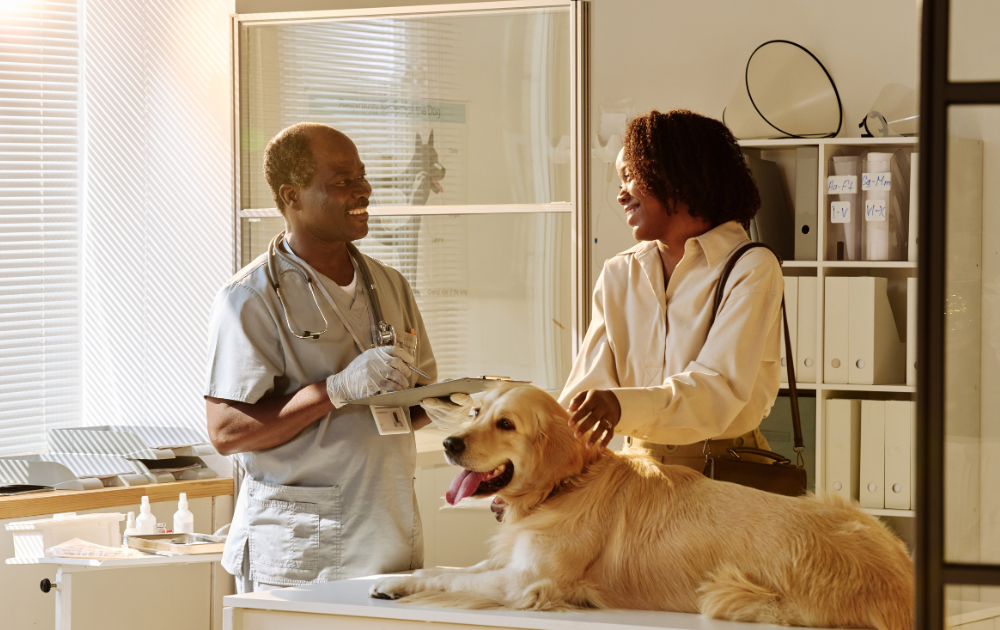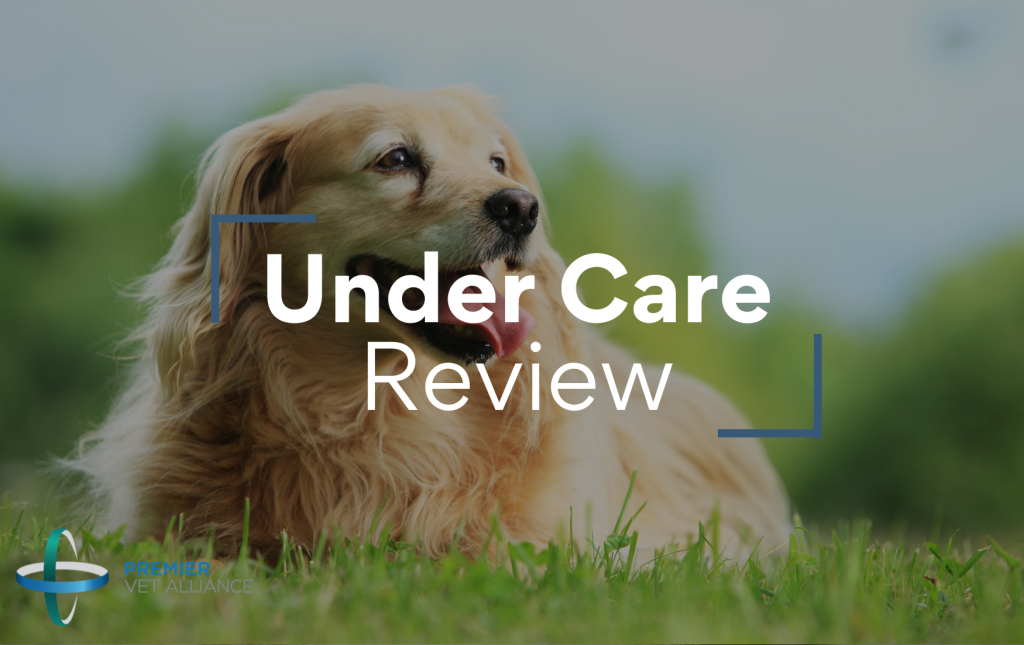2nd August 2023
How do pet health plans work with insurance?

A question you may get asked time and time again by well-meaning owners is “What is the difference between pet health plans and pet insurance?” or perhaps even “Why do I need a pet health plan when I have insurance?” Have you ever struggled to explain the benefits of both or felt conflicted when attempting to advise an owner on which one to choose? Then this blog is for you.
The first issue to clear up is confusion. Vet professionals will understand the distinction between the two products but pet owners can often be unsure of which policy offers which services. When explaining to owners the difference, remember the key points:
Pet Health Plans (assurance)
1.Preventative care including vaccinations and anti-parasitic treatment
2.Routine care such as dental checks and regular general health checks
3.Provided by the vet practice
Pet Insurance
1.Cover towards emergency care
2.Cover towards surgery/illness/medications
3.Provided by an external company
While pet health plans and pet insurance policies serve distinct purposes, they can complement each other to provide comprehensive coverage for a pet’s healthcare needs. Pet health plans emphasise preventative care and relate to routine work, while pet insurance policies cover unexpected illnesses and accidents. By combining both, pets receive comprehensive coverage without undue financial strain for their owners.
For the practice, the increased revenue of having pets on health plans is clearly advantageous. By encouraging clients to take out both a pet health plan and insurance, means that, should an animal need veterinary care, treatment options will be far less limited due to finances.
“Why do I need pet health plans if I have insurance?”
When you think about it, this is not an unreasonable question because insurance cover will pay if a dog gets ill, so why do you need to worry about preventative care? Yet, pretty much every pet owner would prefer their pet not to become unwell in the first place, so our role as veterinary professionals is to explain how preventative health can decrease the risk of pets developing preventative conditions, and also to bring to our client’s attention the limitations of pet insurance.
So, why is insurance alone, not enough?
- Pet welfare
- While there are treatments for preventable diseases, prevention is always better than cure. Not least from a welfare point of view. For example, a dog with severe gingivitis may be treated successfully, but in the process the dog has had to endure a painful mouth, undergo a full GA with all its associated risks, and may be at risk of developing further complications such as endocarditis. Whereas on a health plan, pets have access to regular health and dental checks to maintain optimal health and act promptly on any changes.
- Hidden costs
- Along with monthly premiums, pet insurance will also require a lump sum excess for any new claim. Typically, this is around £100. Each pet insurance policy is different, but many require owners to pay the vet bill first and then be re-imbursed, which can leave owners stretched and out of pocket.
- Exclusions
- Chances are the price of insurance for a pet will rise year on year, yet the degree of cover the policy offers may decrease. Again, depending on the individual policy, once a pet has suffered an illness, if they are without lifetime cover, this ailment may not get covered in subsequent years. For example, a dog with atopy – a lifelong condition, may only have veterinary fees paid for one year unless a lifetime cover policy is taken out, leaving the owner with both an insurance policy and treatment to pay for.
- Certainty
- Not every claim submitted will be accepted and paid by insurance policies. If there are any exclusions, a doubtful history or pre-existing conditions, or if a pet is not up to date with its vaccinations, to name just a few, the insurance company can refuse the claim.

Ok, so insurance isn’t a perfect solution for all vet’s bills. How does a pet health plan help?
We said it before – prevention is better than cure.
Obviously a pet health plan can’t cover everything, but it can prevent some illnesses and supports early detection of many conditions. Routine health care is a vital element to a pet’s life, and it also serves as a great connection between the pet owner and the vet – over the course of regular checkups the bond with clients grow, as does their trust in the vet practice.
- Vaccinations
- There may be a temptation by owners to take a short-term saving, such as missing an annual vaccination, but this can have long-lasting knock-on effects to a pet’s welfare. Not only does a complete vaccination history protect pets from life threatening illnesses, but it also allows owners peace of mind to use boarding facilities for their pets, travel more easily and have confidence their vaccination status wont negatively impact any insurance policy they may have.
- Optimal health
- The exact benefits of a health plan can vary from plan to plan and practice to practice. However, what they all have in common is the provisions to provide optimal health to pets. Routine treatments such as vaccinations and anti-parasiticides are provided as well as offering owners easy and regular access to vets. Regular communication and health checks with a vet decreases the length of time a condition may go un-diagnosed.
- Early detection saves lives
- For many conditions, the earlier it is diagnosed the better the prognosis. Many health plans offer regular vet checks throughout the year, allowing opportunity for any changes in health to be observed. A client who has regular contact with their vet throughout their pet ownership is also more likely to contact their vet if they notice a change, due to a long standing, trusting relationship.
- Affordable
- A pet health plan spreads the cost of routine and preventative health care across the year, and when paid for on a subscription model is cheaper than paying for all the individual components separately.
- Compliance
- Life can get busy, and for some owners, preventative care can slip down the priority list, especially when their pet is seemingly healthy and happy. Committing to a health plan increases compliance with preventative and routine care, which has protective benefits for the longevity of a pet’s life.
By subscribing to a pet health plan, owners ensure that their pet receives regular preventive care, promoting their overall well-being and potentially preventing costly health issues later in life.
With the right combination of pet health plans and pet insurance policies, optimal health can be promoted throughout pet’s lives.
 UK
UK  USA
USA  France
France  Netherlands
Netherlands  ROI
ROI  Germany
Germany 














